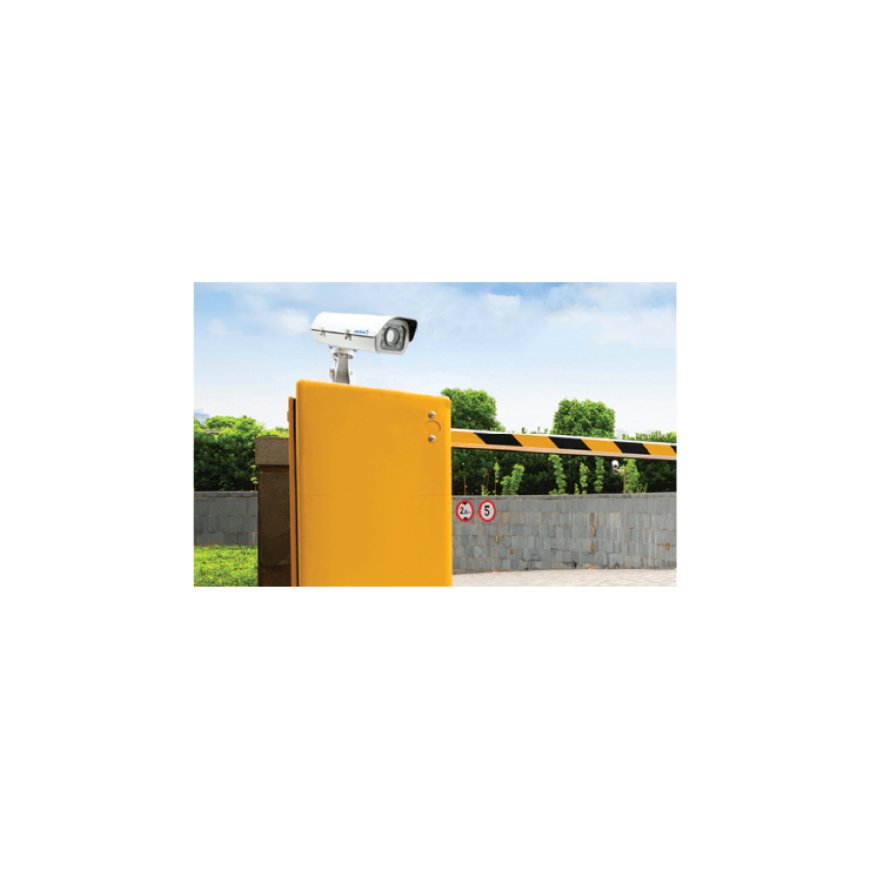Why LPR Parking Systems Are the Future of Smart Parking
A Smart Parking System leverages advanced technologies such as IoT, AI, and real-time data analysis to optimize parking operations. Designed for urban areas, commercial complexes, and residential spaces, it offers solutions to minimize parking time, reduce congestion, and enhance user convenience. With features like automated guidance, mobile app integration, and digital payment options, it transforms traditional parking into a seamless, efficient experience.

As cities become more crowded and traffic management becomes increasingly complex, smart solutions are emerging to simplify urban parking. License Plate Recognition (LPR) technology is one such solution, offering a seamless, efficient, and secure approach to parking management. In this article, we’ll explore why LPR parking systems are leading the way in smart parking and what makes them the future of urban parking solutions.
What is an LPR Parking System?
An LPR parking system uses advanced cameras and software to capture and read vehicle license plate numbers as they enter and exit parking facilities. Unlike traditional parking systems that rely on tickets or access cards, LPR technology provides a touchless, automated experience for faster and more efficient parking.
Key Advantages of Smart Parking System
1. Seamless Entry and Exit
◦ With LPR, drivers no longer need to wait for tickets or swipe access cards. The system recognizes license plates automatically, allowing vehicles to enter and exit quickly. This smooth process minimizes wait times, improves customer satisfaction, and enhances the overall parking experience.
2. Enhanced Security
◦ LPR technology strengthens parking security by maintaining a detailed log of all vehicles that enter and exit a facility. The system can instantly identify unauthorized vehicles, allowing property owners to better manage security. In case of any incidents, authorities can easily access entry and exit records for investigation.
3. Reduced Operational Costs
◦ By automating entry and exit processes, LPR systems significantly reduce the need for physical resources like tickets, access cards, or manual staffing at the gate. This decrease in overhead costs benefits parking operators and contributes to lower maintenance and operational expenses.
4. Improved Parking Space Utilization
◦ Real-time monitoring allows LPR systems to track available spaces and direct drivers accordingly. This optimizes the use of parking facilities and reduces traffic congestion within the lot, particularly during peak hours.
5. Contactless Experience
◦ In a post-pandemic world, the demand for contactless solutions has grown substantially. LPR systems enable completely touch-free parking, reducing physical contact and ensuring a safer environment for drivers.
6. Data-Driven Insights
◦ LPR systems collect valuable data on parking trends, occupancy rates, and peak hours. These insights allow facility managers to make data-informed decisions, implement dynamic pricing, and plan for future infrastructure improvements.
Why LPR is the Future of Smart Parking
1. Increasing Urbanization
As urban populations grow, cities face more parking demand than ever before. LPR systems help optimize available space, reduce congestion, and improve traffic flow, making them a key tool in modern urban planning.
2. Growing Demand for Smart City Solutions
Governments and municipalities around the world are investing in smart city technologies to create more sustainable and efficient urban spaces. LPR parking systems align with these goals, as they are sustainable, efficient, and scalable.
3. Integration with Other Smart Technologies
LPR systems can integrate with various smart technologies, such as electric vehicle (EV) charging stations, mobile payment systems, and AI-driven parking analytics. This creates a comprehensive and cohesive smart parking experience, enhancing convenience and functionality for users.
4. Rising Popularity of Cashless and Automated Payments
Cashless payments are becoming the norm, and the best smart parking system in Singapore simplifies this process by linking license plates with user payment accounts, enabling automated payments. This eliminates the need for payment kiosks or cash transactions, making the process faster and more convenient.
Conclusion: LPR is Redefining Parking Management
LPR parking systems are driving the future of parking. By providing a seamless, secure, and efficient experience, these systems address modern urban challenges, from congestion to security concerns. As more cities invest in smart city technologies, LPR parking systems are likely to become the standard for urban parking, transforming how we park and manage parking facilities.
Tag: Wireless Smart Parking System, Best smart parking system in singapore, Smart parking system

 securitysystems
securitysystems